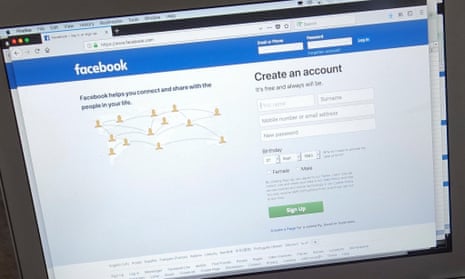Facebook does not know how many under-13s or sex offenders in the UK use its platforms, a senior executive has said at the independent inquiry into child sexual abuse.
Answering a question about safety checks carried out on new accounts, Julie de Bailliencourt said the company had no way of verifying the age or criminal history of people signing up.
Facebook has a minimum age requirement of 13. Asked by Jacqueline Carey, counsel to the inquiry, whether any documents were required to authenticate registration, De Bailliencourt said none were. She said it would be difficult “to differentiate between a 14- and 12-year-old”.
Questioned about whether there were checks to screen out convicted sex offenders, De Bailliencourt replied: “No, and I think one of the difficulties – and that’s really related to the UK – is that this registry [of sex offenders] is not open to the public, so I would hazard law enforcement may be best placed to understand the scope.”
Asked if the site relied on open-source methods to determine whether someone may be a sex offender, she said: “We don’t make this check at this time.”
De Bailliencourt, formerly Facebook’s global safety policy manager and now its senior global operations manager, said the platform had 40 million accounts in the UK. The company had 30,000 people around the world working on safety and security, around half of whom reviewed and moderated content, the inquiry heard.
If any content was flagged as indicating that a child may be in danger, it was reported to the US National Center for Missing and Exploited Children (NCMEC) and then passed on to law enforcement, De Bailliencourt said.
The latest phase of the inquiry is investigating how the internet is used to facilitate child sexual abuse. Earlier it heard from the mother of two young children in the UK who were groomed and abused remotely online. The children, aged 12 and 13 at the time, were blackmailed through a now defunct file-sharing platform, BearShare, by a man who made the boy sexually touch his sister as he watched.
The mother, who cannot be identified, said: “I feel very strongly that people who create the websites should take responsibility. They should be the ones paying compensation to my children.
“Because of what I went through as a child, the only thing I wanted to do was be perfect, you know, the best mother in the world, and look after my kids. And I did that, but because of the internet they made me fail as a parent, and unless you’ve been through this you’ve got no idea how it impacts on you.”
The hearing later went into a closed session during which Facebook faced further questioning.
